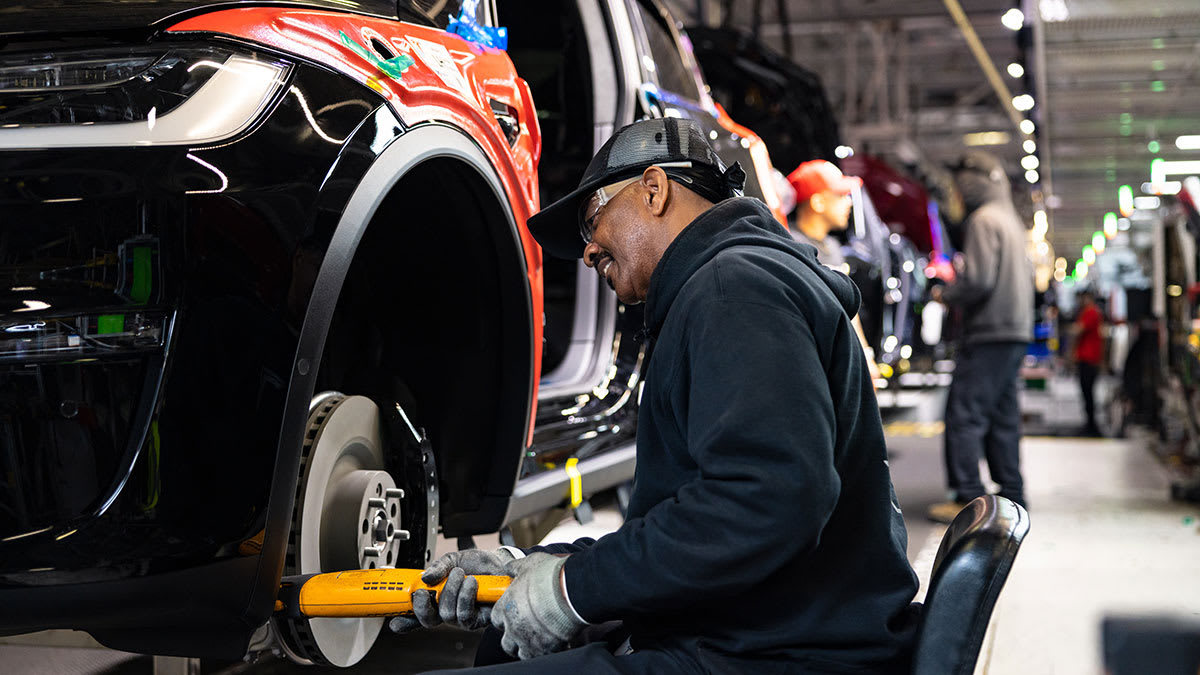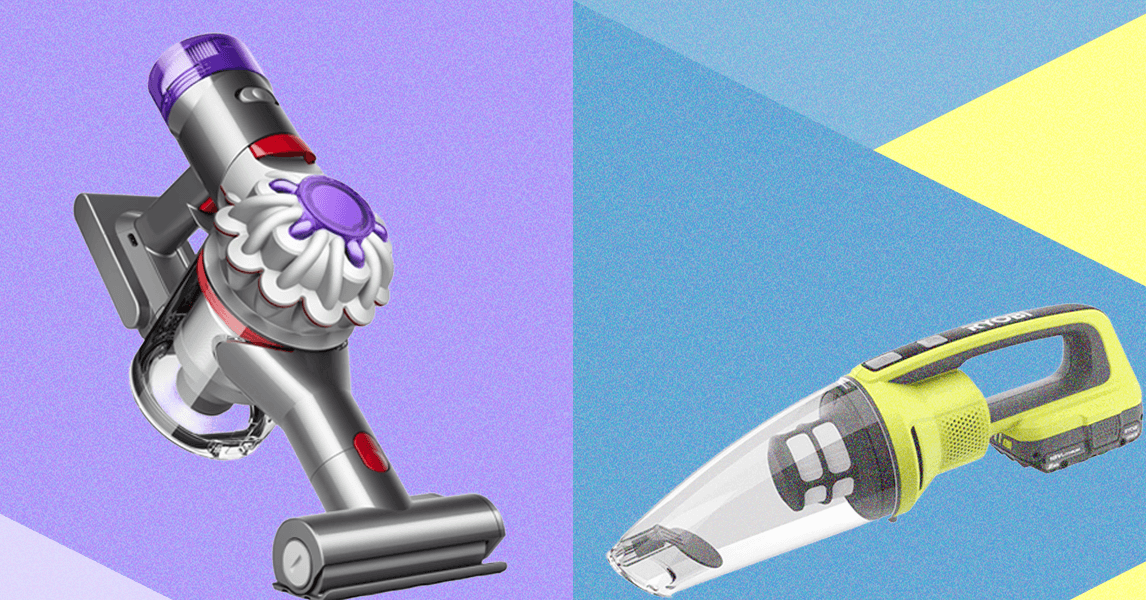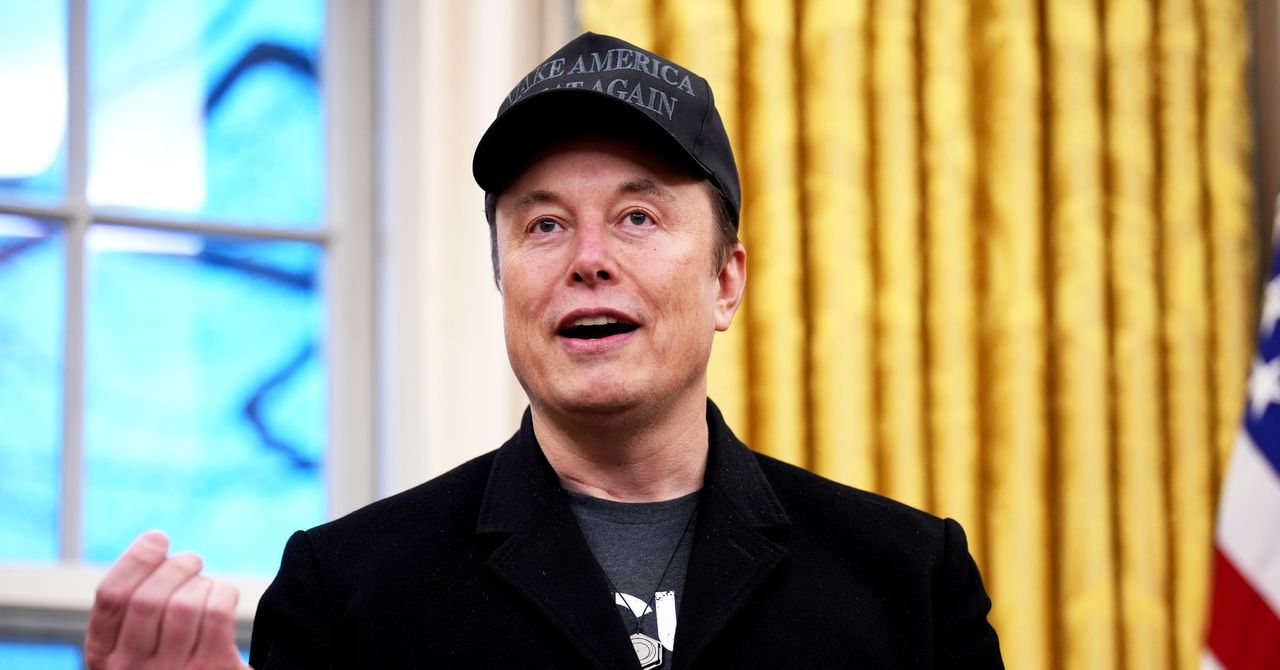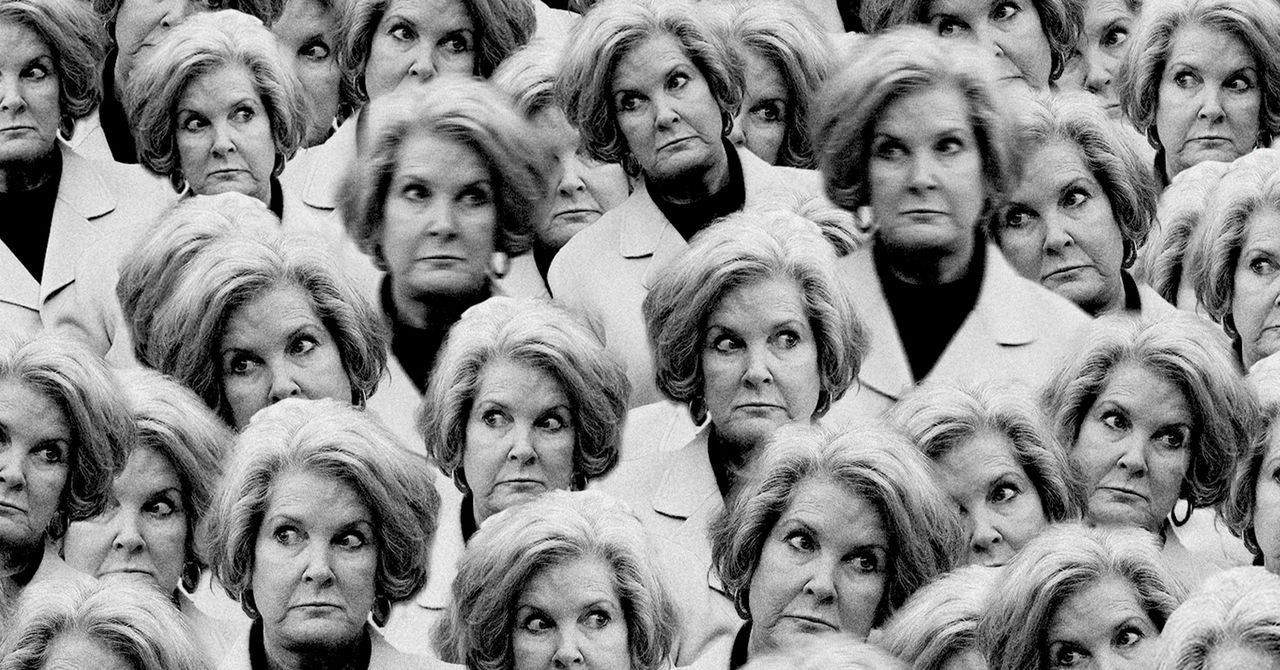
Industry analysts say that manufacturers may pass the cost of these taxes to customers, ultimately driving up the costs of new vehicles. Currently, the average new car sells for $48,641, according to Kelley Blue Book.
The cost increases may be overt in the transaction price but may also be reflected in the withdrawal of incentives, discounted financing, and subvented leases. As always, it will be important to look at the total cost of buying a car and not focus on the sticker price alone.
For now, estimates from Global Data on behalf of the Autos Drive America trade organization, which represents international automakers with operations in the U.S. (including BMW, Honda, Hyundai, Mercedes-Benz, Nissan, Subaru, Toyota, Volkswagen, and others), project about a $4,000 increase in the price of the average car. Autos Drive America calculates there would be about $1,000 additional cost over the term of the typical loan. Jennifer Safavian, president and CEO of Autos Drive America, tells CR that the actual costs to customers may prove to be even higher, depending on how the tariffs are applied and how each automaker responds.
Further, tariffs may lead some automakers to stop selling specific models in the U.S., notably, lower-priced cars. In recent years, some discontinued imports have been replaced by tall hatchbacks and SUVs, reflecting buyer preferences and contributing to the higher average cost of new cars.
In addition, the Insurance Information Institute predicts that insurance rates will rise, reflecting the newly elevated cost of vehicles and eventually accounting for the increased cost of parts for collision repair.
As always, consumers should look at the total cost for buying a car and not focus on the sticker price alone.









